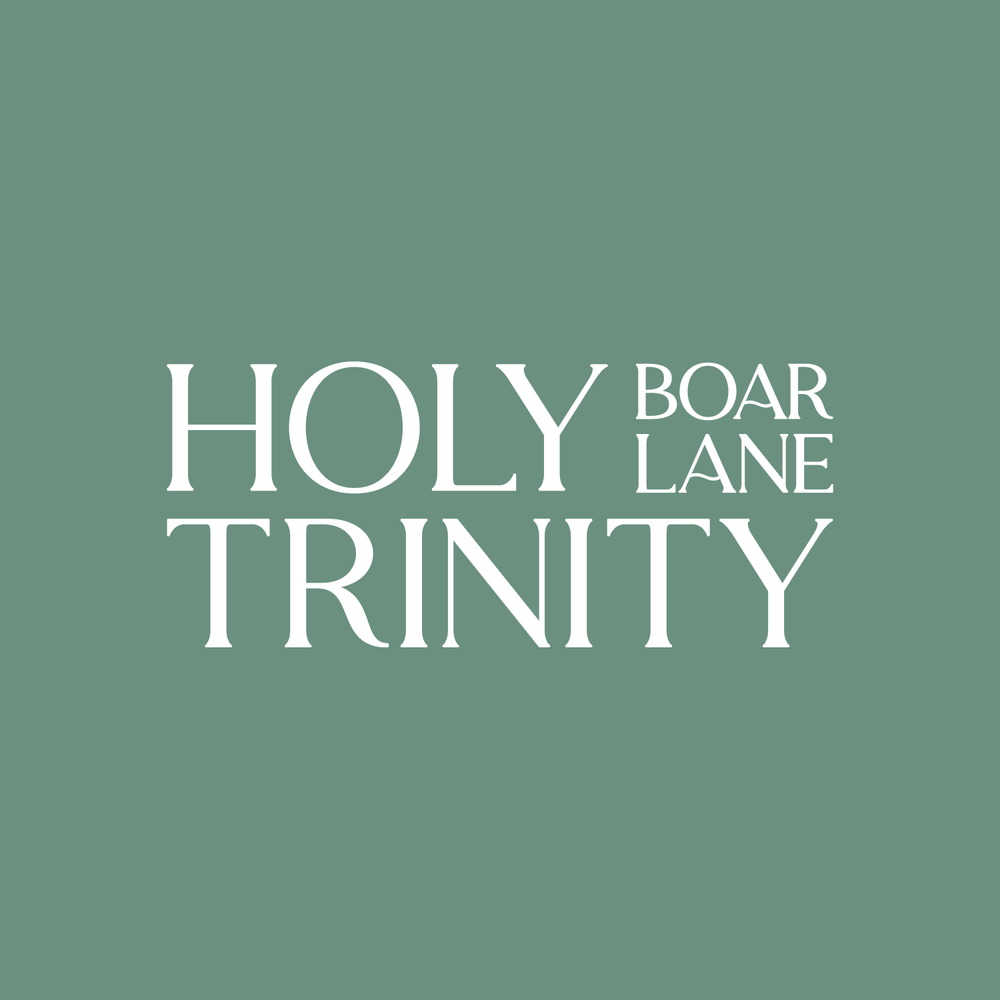I am: The Good Shepard
John 10:11-18
11 “I am the good shepherd. The good shepherd lays down his life for the sheep. 12 The hired hand is not the shepherd and does not own the sheep. So when he sees the wolf coming, he abandons the sheep and runs away. Then the wolf attacks the flock and scatters it. 13 The man runs away because he is a hired hand and cares nothing for the sheep.
14 “I am the good shepherd; I know my sheep and my sheep know me— 15 just as the Father knows me and I know the Father—and I lay down my life for the sheep. 16 I have other sheep that are not of this sheep pen. I must bring them also. They too will listen to my voice, and there shall be one flock and one shepherd. 17 The reason my Father loves me is that I lay down my life—only to take it up again. 18 No one takes it from me, but I lay it down of my own accord. I have authority to lay it down and authority to take it up again. This command I received from my Father.”
Shepherds conjure up a variety of images, maybe you think of stained glass windows like the ones within our building. Or maybe you think of Little Bo Peep, maybe Clarkson on his farm trying to herd sheep. There are many options, but what Jesus isn’t saying here is that I am ‘A’ good shepherd, he is saying he is ‘The Good Shepherd’.
We are encouraged to be like Jesus and to imitate him. In 1 Corinthians 11 Paul says to us to follow his example as he follows the example of Christ. It is Jesus’s example as a Good Shepherd that we will seek to follow. Now a shepherd in the time of Jesus was not a far fetched analogy, many of the lands around were rural and much like fishermen it was a role that people could see and relate to. It was also a role that required no rank or station.
So if we are attaining to be like Jesus and reflecting the Good Shepherd how do we do that in our workplaces and on our frontlines. The first is that the Good Shepherd stays, even to the point of sacrifice. I want to say this straight away, this is not holding out and sacrificing until we run out of energy but it’s staying even when things get tough. Because we do not abandon what God has called us to, we stay until our task is complete.
The second point is that the Good Shepherd is relational. He knows his sheep and the sheep know him. We are asked in John 15 to love one another as he has loved us. To love one another is to be there in times of crisis and times of strength. It is to take the time to understand those people we think make no sense or quite simply find annoying. Being relational is to get to know someone and be open enough to letting them know you.
The third point is that the Good Shepherd stays and loves his sheep not because he has to but because he chooses to. Jesus says of himself in verse 18,
“No-one takes it from, but I lay it down of my own accord. I have authority to lay it down and authority to take it up again. This command I received from my father!”
These are optional in that the father gives us freewill and the chance to pick things up and put them down again. Recently, I had the privilege of attending a conference, where on of the panel at a session I went to said this - God doesn’t necessarily want us to lead his sheep but he wants us to feed his sheep.
The Shepherd comes alongside his sheep not dictating but building relationships through nurture and care. When we are in our workplaces and on our frontlines we preach and act Jesus, when we come alongside our counterparts. When we journey with them and stay loyal to our teams and communities.
So be encouraged this morning to go into your days, the rest of your week, not feeling the need to be the best and better your colleagues as we are so often asked to do. But to be present, come alongside them. Building relationship not because you must but because you choose to follow and imitate the Good Shepherd who loves and cares for you.
Immy Rush
